John Gosden: 'I've trained 3,500 winners. I don’t care. It’s the quality of the horses you remember, the ones that capture the imagination'
Jack Watkins talks to the champion racehorse trainer on quality over quantity and preserving Newmarket.
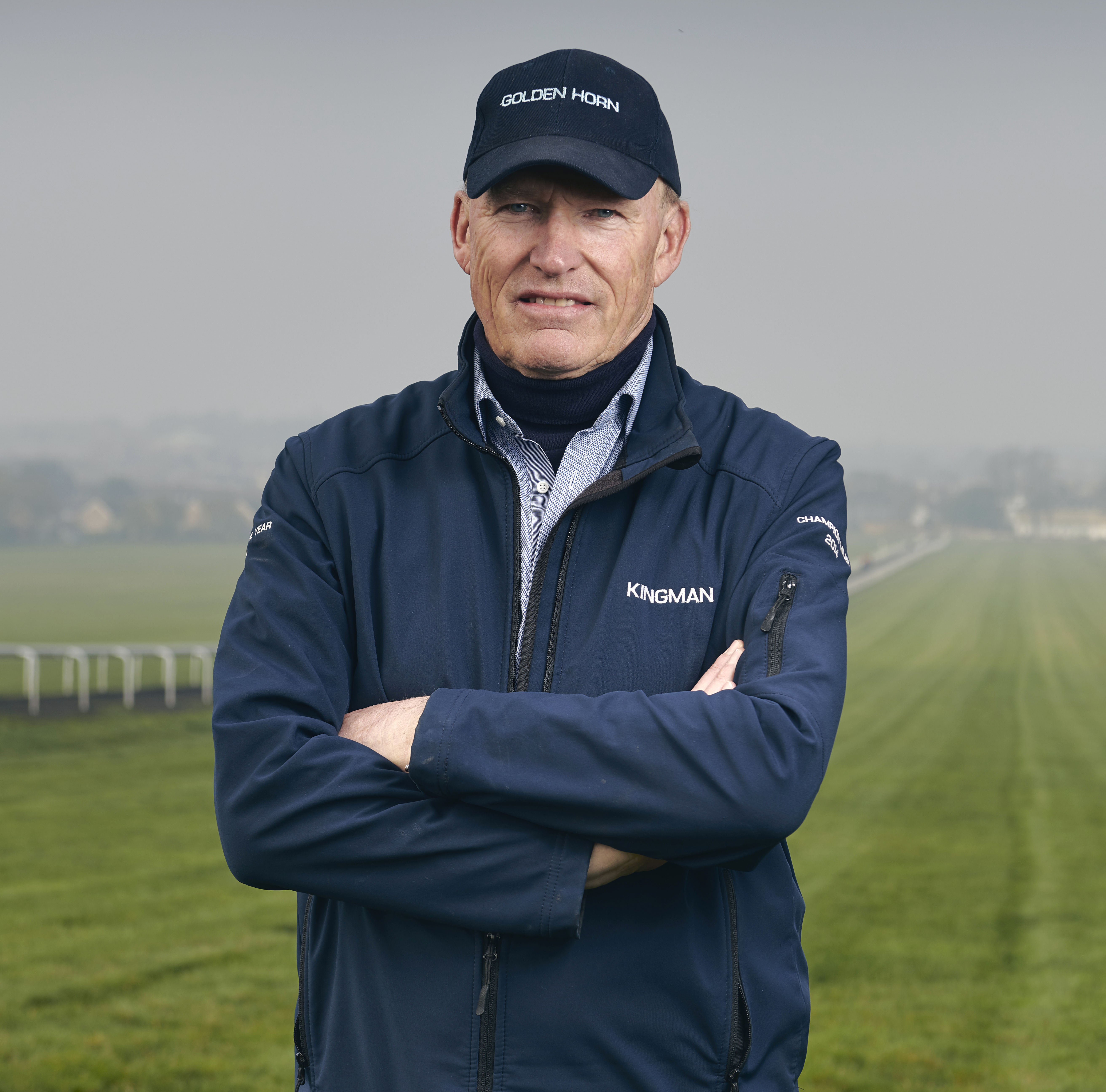

As an avid follower of the Turf since early teenage, it’s a poignant moment when, shortly after arriving at Clarehaven racing stables, I watch John Gosden and Frankie Dettori standing for a few moments on the lawn beside a bronze statue of Golden Horn. What a trio: Mr Gosden, the towering master trainer with the rock-hewn profile that could have graced a John Ford Western; his jockey, the dapper, tanned Italian, looking as if he’d flown in from Monte Carlo; and Golden Horn, the brilliant colt whose Derby victory in 2015 cemented the pair’s successful racetrack reunion after a break of many years.
For most trainers, that year with the Anthony Oppenheimer-owned and bred Golden Horn, a colt that went on to win the Eclipse Stakes and the Arc De Triomphe, would have been a crowning career achievement. However, for this Newmarket yard, the glories have kept on coming.
Remarkably, four of the past five Cartier Horse of the Year awards have gone to Gosden-trained horses: Kingman, Golden Horn, Enable and Roaring Lion. ‘The truth is, we’ve been fortunate to have had a succession of good years,’ agrees Mr Gosden, settling down to talk in his office, the walls lined with prints of his former Flat stars.
‘We had three champions on one day at Ascot (the October Champions Day meeting), wound up with a record amount of prize money and Enable, having won the Arc, went to America and took the Breeders’ Cup Turf. Look, it was an extraordinary season. One never does expect to repeat something like that, but you’d be very happy to win some of those races again.’
As we spoke, in Too Darn Hot, Timeform’s top-rated two year old of 2018, Mr Gosden had the ante-post favourite for last week’s 2,000 Guineas, the one English classic to have thus far eluded him. Sadly, a splint problem subsequently caused the colt’s withdrawal, but the trainer admitted it hasn’t been a race he’s often targeted.
'When you concentrate on breeding for speed and precocity, you will end up racing in only one dimension, which will be incredibly monotonous, like Twenty20 cricket'
‘It’s a touch early in the season for me and I haven’t had a lot of runners in it. I tend to be quite patient in the spring. I always feel the great racing is in the summer and autumn, although I love Newmarket in the first week of May and Epsom in the first week of June.’
Mr Gosden is a notably patient handler of his charges, explaining that ‘the thing you learn down the years in training is that the pause button is a lot more important than the fast-forward button’. Listening to his long, measured sentences is like sitting at the feet of an oracle of the sport.
Sign up for the Country Life Newsletter
Exquisite houses, the beauty of Nature, and how to get the most from your life, straight to your inbox.
This is his 31st season of training in Britain, during which time he’s won the trainers’ championship three times. Before that, he spent 10 years training in America, having earlier served spells as assistant to those champion trainers of the 1960s and 1970s, Sir Noel Murless and, in Ireland, Vincent O’Brien.
The finest apprenticeship of all was, arguably, in that he grew up on the Sussex Downs, where his father, the memorably named ‘Towser’ Gosden, had a racing stables at Lewes either side of the Second World War. ‘He didn’t get on well with his father, who nicknamed him after their dog,’ smiles his son in recollection, ‘but he was a very diligent trainer. Everything had to be right for the horse.
‘There was quite an old racing fraternity up on the Downs in those days. Richard Hannon Senior’s father was up there and Auriol Sinclair, who my father helped. She was one of the first women to get a licence to train. She was very talented, but the licence had to be held by her head lad.’
Sadly, Lewes racecourse closed in 1964 and only one trainer now remains at this former racing centre, which once yielded winners of the Grand National and the Derby. It’s unthinkable such a fate could await the heaths of Newmarket, immortalised in the paintings of George Stubbs and Benjamin Marshall, yet Mr Gosden is concerned about plans to build houses in the area, which he fears will render the place a ‘bolt-on’ to Cambridge.
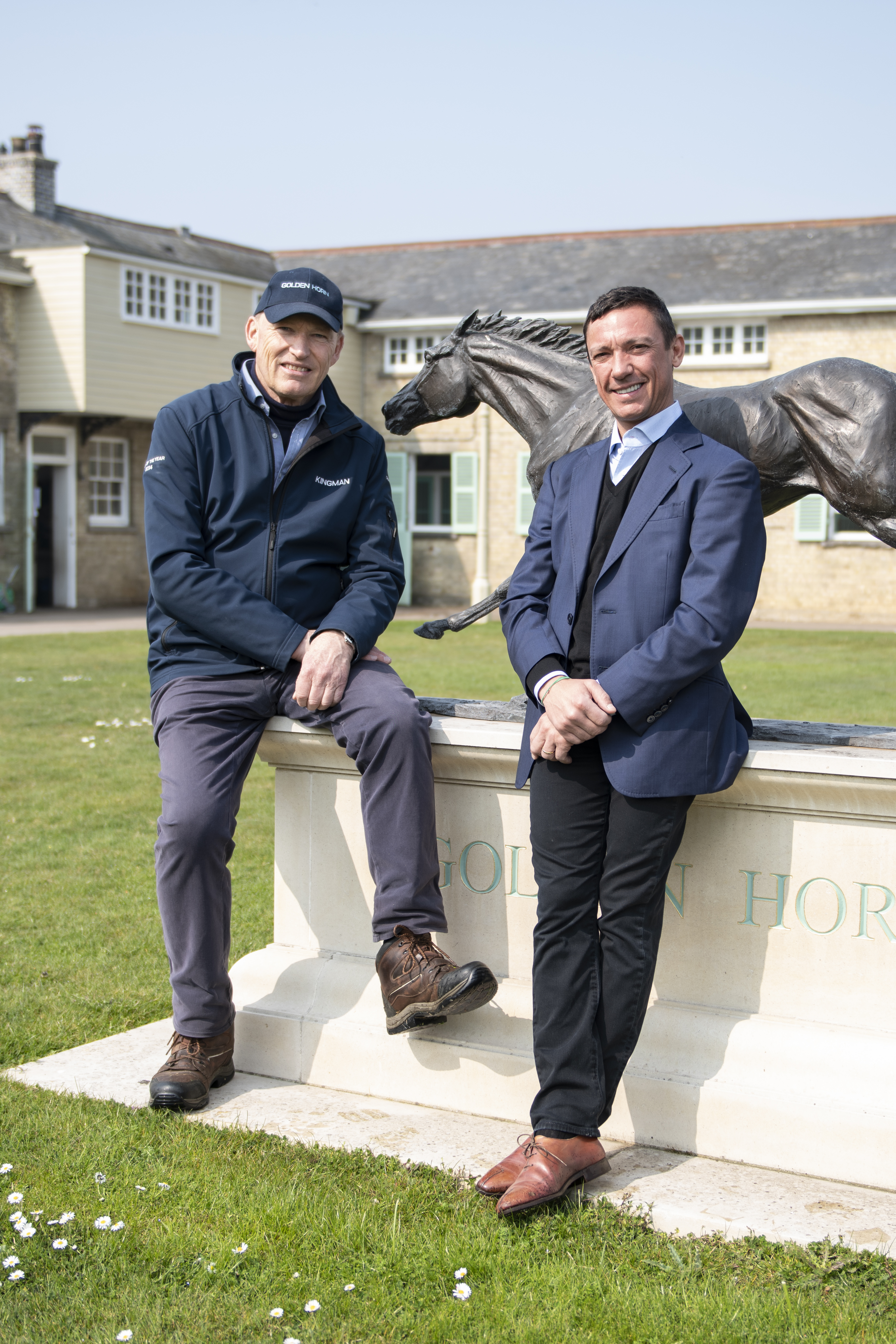
‘Newmarket is unique in the world,’ he explains. ‘There’s no other town that 3,000 horses walk through during the day and exercise on the heath, as they have here for nearly 400 years.
‘Our next-door neighbour Cambridge has become an import-ant and powerful place because of the way the academic world, via the Science Park, has become linked with business and it has a massive housing requirement, but we don’t want our town ringed by commuter houses that are unaffordable for Newmarket people.
‘There are empty RAF airfield sites round here and other brownfield sites they could build on. Horse racing and breeding are one of the things this country is still number one in the world at and we don’t want to see its heritage destroyed.’
Mr Gosden has also been outspoken about the need to do more to encourage bloodlines for stamina in Thoroughbred racehorses. He welcomes Weatherbys Hamilton’s recent bonus initiative for the positive effect it’s had on the Flat staying division.
‘In America, it’s become all about speed racing. Absurdly, they now regard a mile and a half as a marathon race. When you concentrate on breeding for speed and precocity, you will end up racing in only one dimension, which will be incredibly monotonous, like Twenty20 cricket.
‘The staying horses and the traditional owner-breeders, whose life’s work is developing these stamina bloodlines and broodmare bands that can take 50 years to put together, are incredibly important.’
This is more important for Mr Gosden, one senses, than winners on the track. ‘People look up the statistics and tell me I’ve trained 3,500 winners. I don’t care. It’s the quality of the horses you remember, the ones that capture the imagination of the public. And don’t forget the golden rule with horses: they’ll always make a fool of you.’
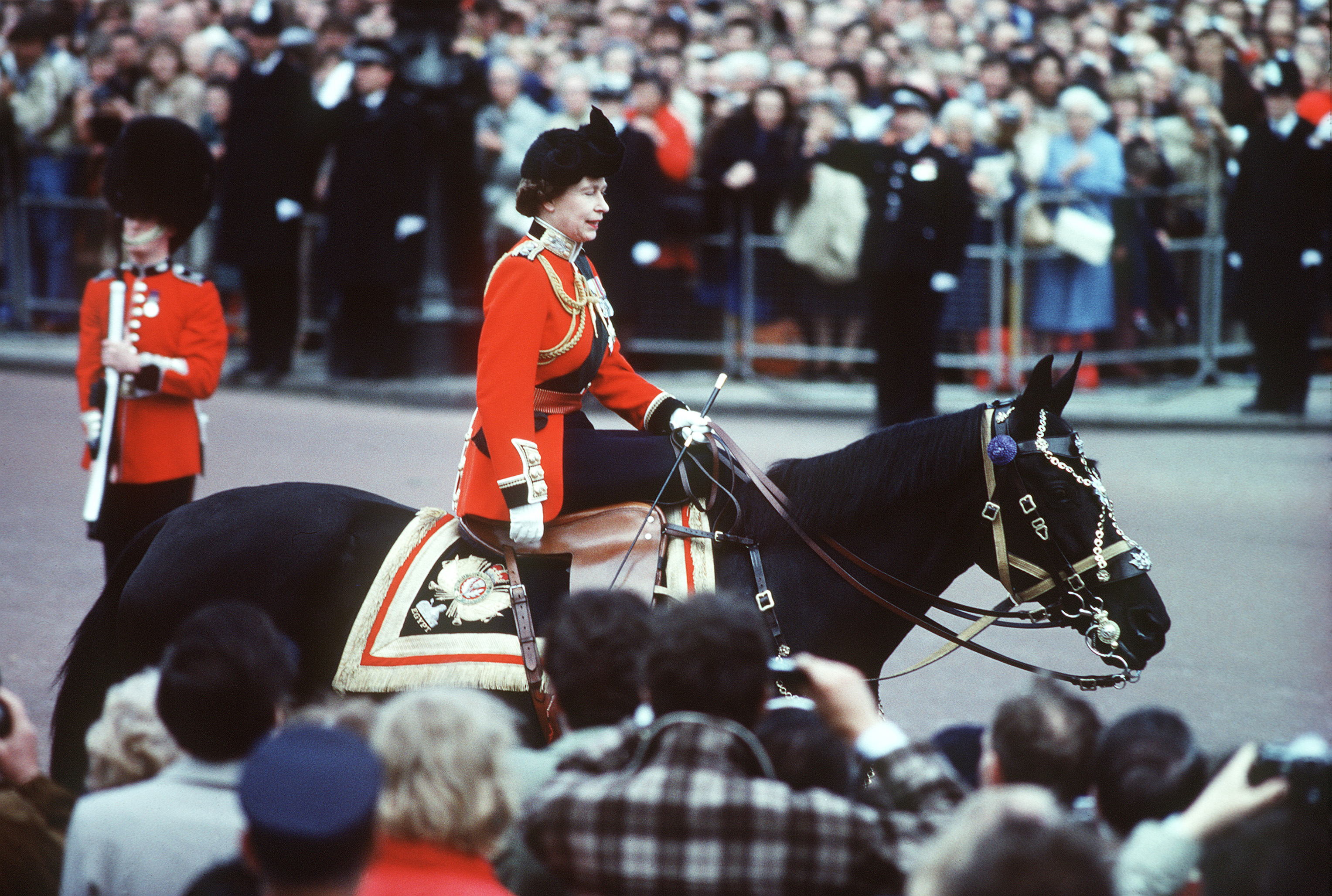
50 greatest horses of all time
In praise of brilliant horses.
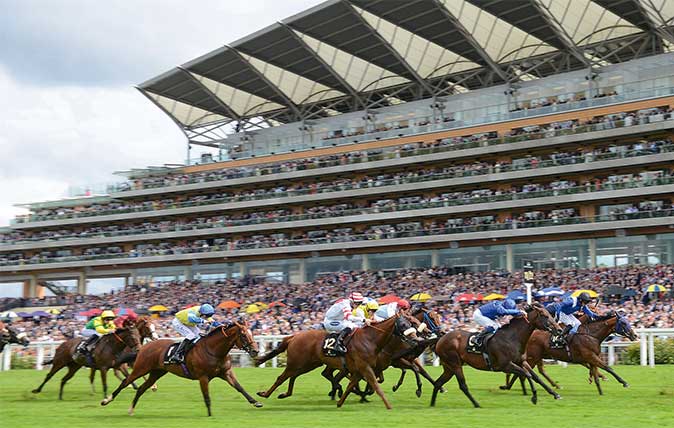
Credit: Alamy
Royal Ascot: Rich pageantry, high living and fast horses at Britain's finest racing festival
Every year, Royal Ascot serves up racing at its finest – but that's just the starting point for the experience.
Country Life is unlike any other magazine: the only glossy weekly on the newsstand and the only magazine that has been guest-edited by HRH The King not once, but twice. It is a celebration of modern rural life and all its diverse joys and pleasures — that was first published in Queen Victoria's Diamond Jubilee year. Our eclectic mixture of witty and informative content — from the most up-to-date property news and commentary and a coveted glimpse inside some of the UK's best houses and gardens, to gardening, the arts and interior design, written by experts in their field — still cannot be found in print or online, anywhere else.
-
 A day walking up and down the UK's most expensive street
A day walking up and down the UK's most expensive streetWinnington Road in Hampstead has an average house price of £11.9 million. But what's it really like?
By Lotte Brundle
-
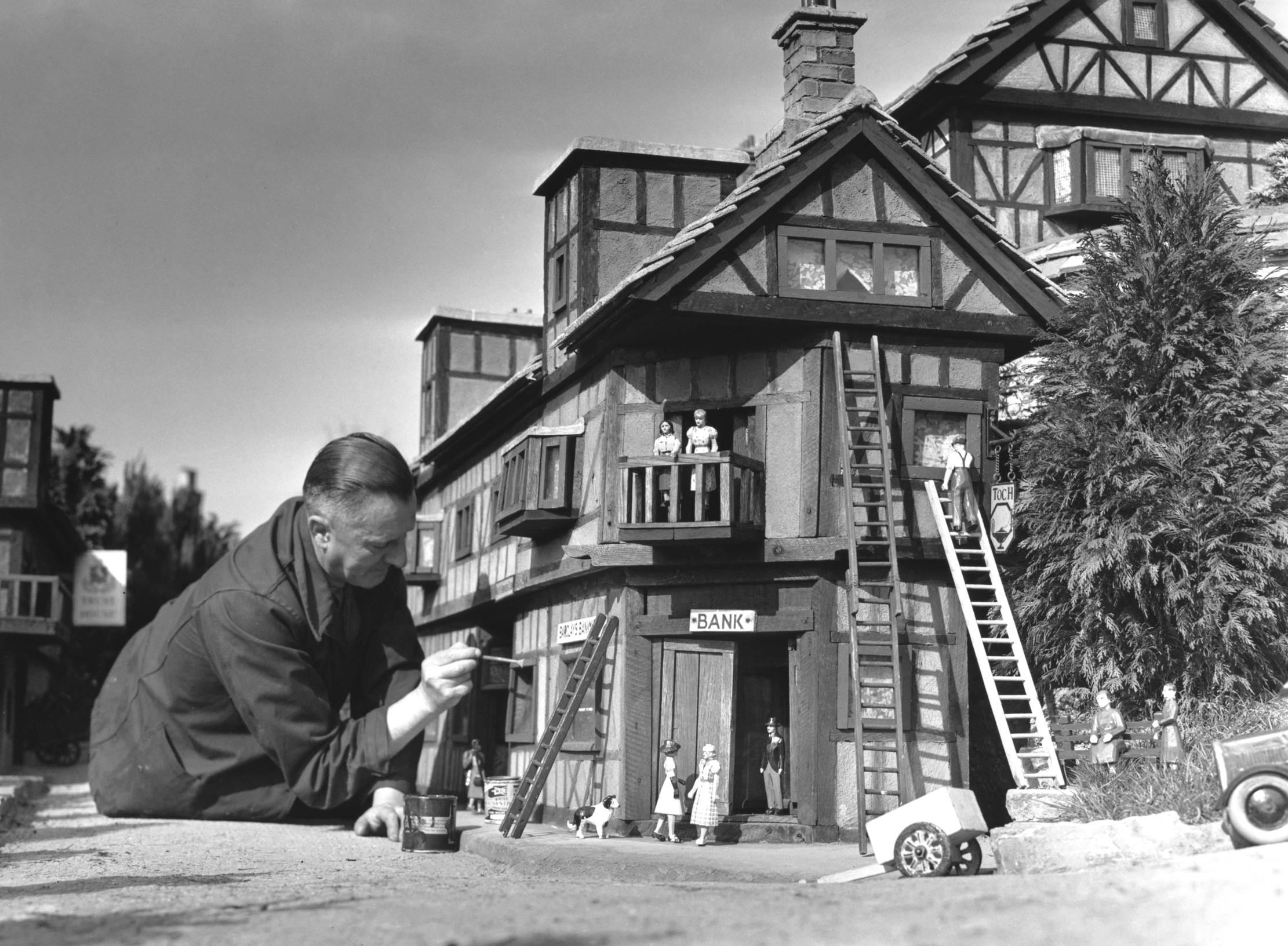 Life in miniature: the enduring charm of the model village
Life in miniature: the enduring charm of the model villageWhat is it about these small slices of arcadia that keep us so fascinated?
By Kirsten Tambling
-
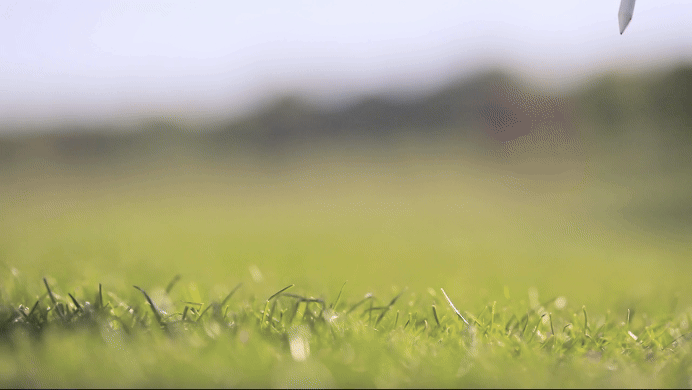 Curious Questions: Why do golf balls have dimples? And why are tennis balls furry?
Curious Questions: Why do golf balls have dimples? And why are tennis balls furry?As the weather picks up, millions of us start thinking about dusting off our golf clubs and tennis rackets. And as he did so, Martin Fone got thinking: why aren't the balls we use for tennis and golf perfectly smooth?
By Martin Fone
-
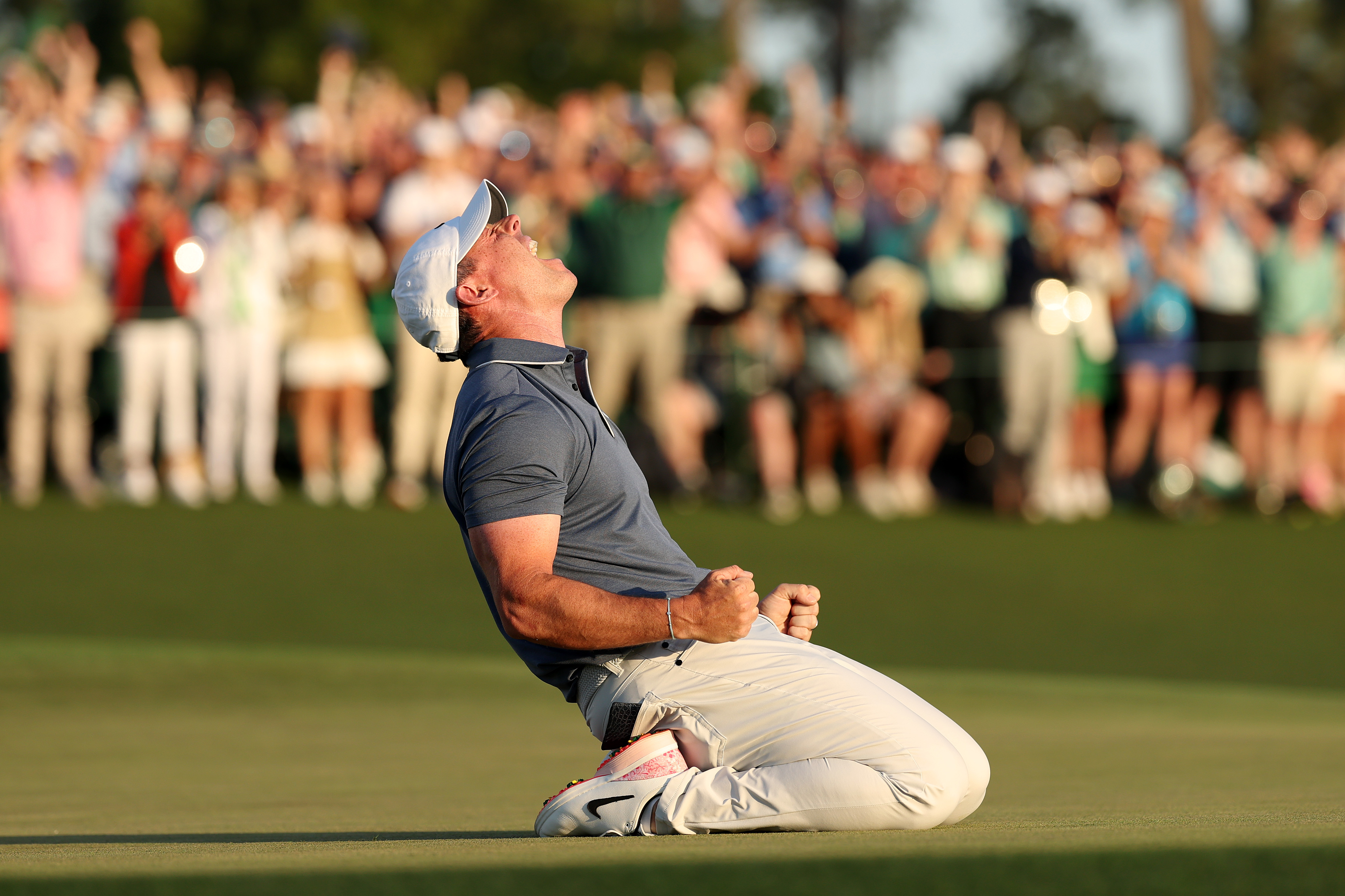 How Country Life launched the career of Alistair Mackenzie, the architect who created Augusta National's iconic golf course
How Country Life launched the career of Alistair Mackenzie, the architect who created Augusta National's iconic golf courseAlister Mackenzie winning golf hole design.
By Roderick Easdale
-
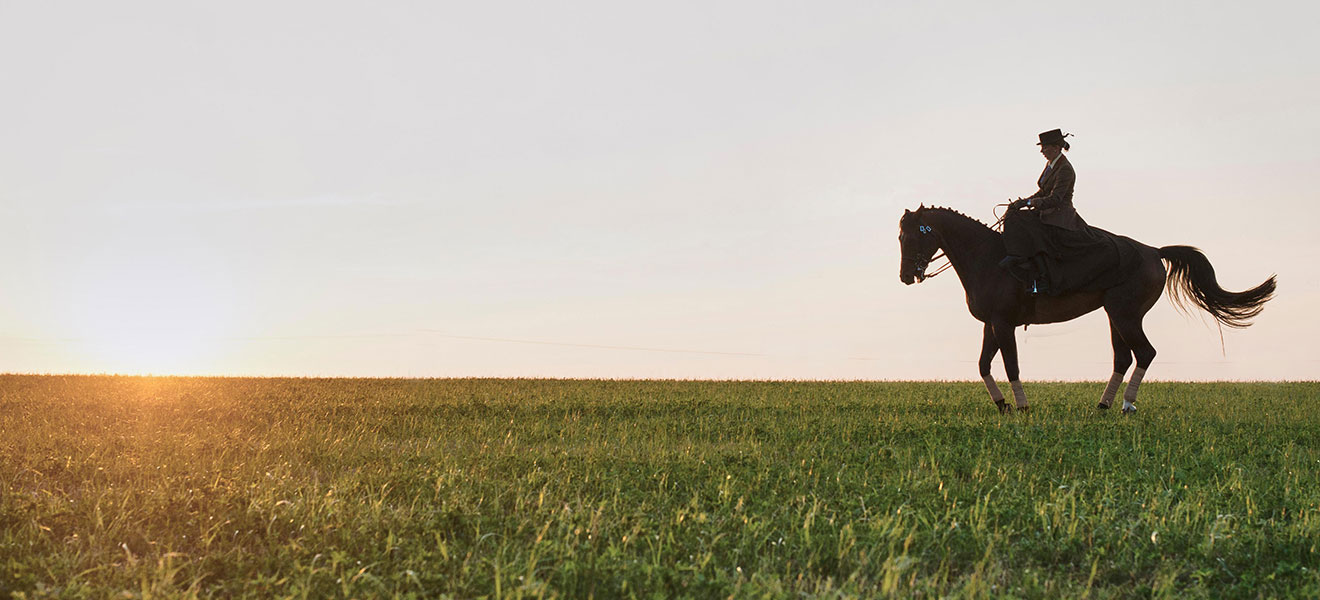 Dressage: How 'horse dancing' evolved from ancient, deadly beginnings to modern Olympic glory
Dressage: How 'horse dancing' evolved from ancient, deadly beginnings to modern Olympic gloryThere can be no short cuts to success in dressage. The Ancient Greeks’ sympathetic methods of training horses, which were all about survival in battle, should still hold good in today’s widespread embrace of the Olympic sport, as Pippa Cuckson explains.
By Concours of Elegance
-
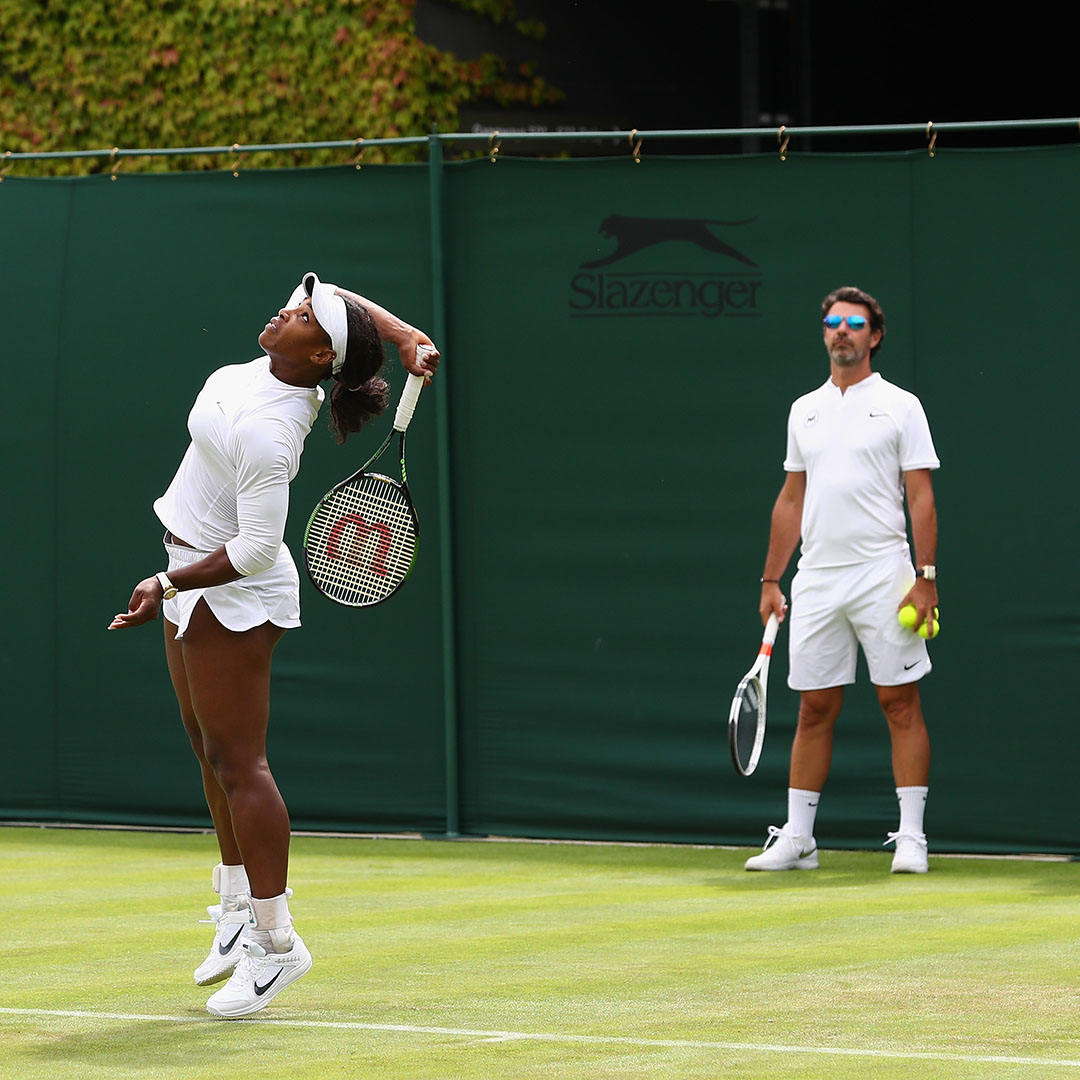 Inspired by Wimbledon? Expert tennis tips to help brush up a rusty game
Inspired by Wimbledon? Expert tennis tips to help brush up a rusty gameWith Wimbledon in full swing, it's the time of year when often-deserted tennis courts are suddenly teeming with players.
By Toby Keel
-
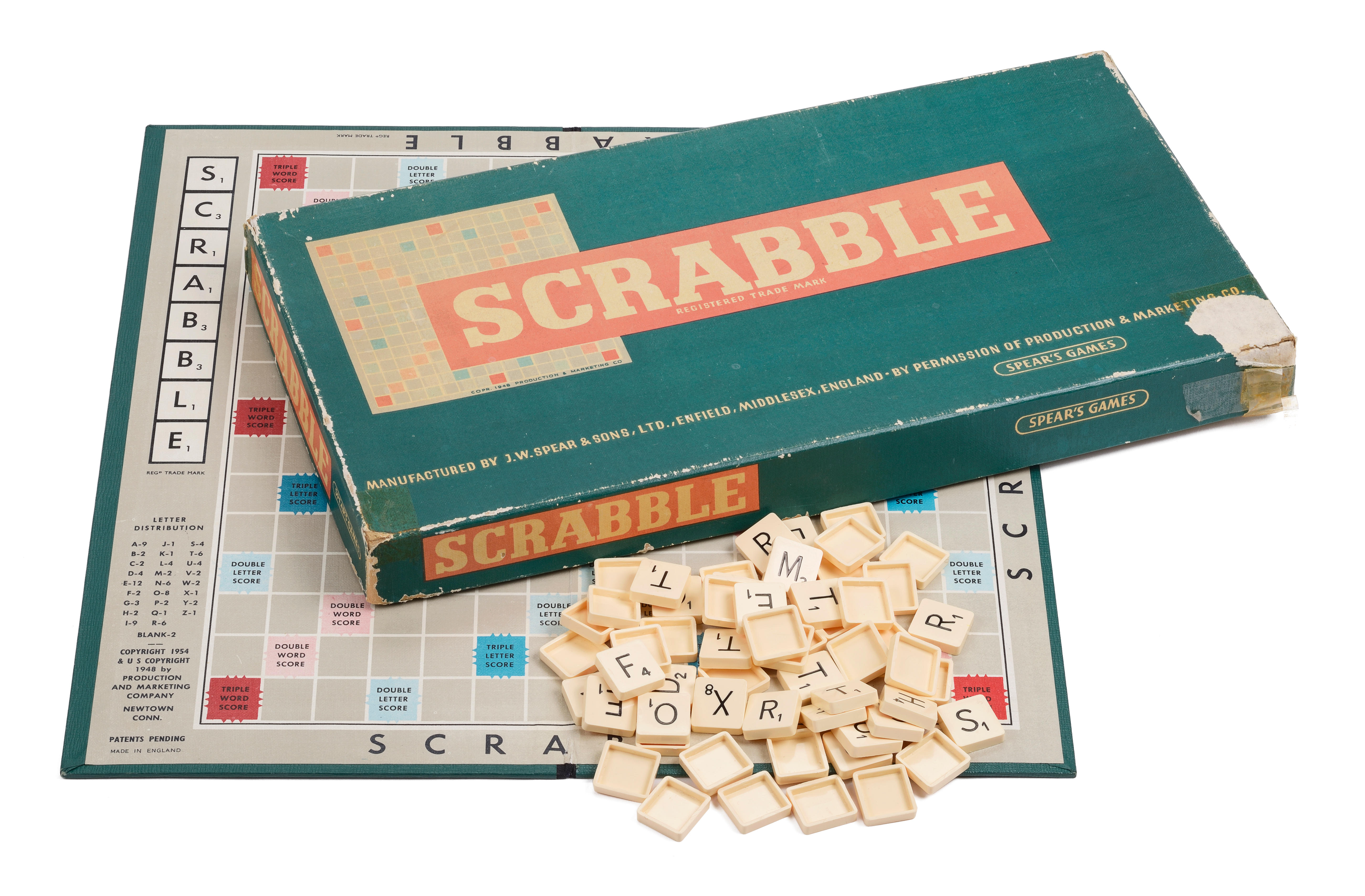 How to win at board games, from Monopoly and Cluedo to Scrabble and Snakes and Ladders
How to win at board games, from Monopoly and Cluedo to Scrabble and Snakes and LaddersAs millions of people around the country are set to have an enforced period at home, it'll be time to bring out the classic board games. But how can you make sure you beat the kids? Luck helps, but tactics are better as Matthew Dennison explains.
By Country Life
-
 Six Nations 2020: England's chance to bounce back in style from World Cup disappointment — but they're very far from unstoppable
Six Nations 2020: England's chance to bounce back in style from World Cup disappointment — but they're very far from unstoppableEngland look set to absolve their World Cup disappointment by lifting the Six Nations crown, says Owain Jones, as he gives his team-by-team guide ahead of the contest that kicks off on Saturday.
By Toby Keel
-
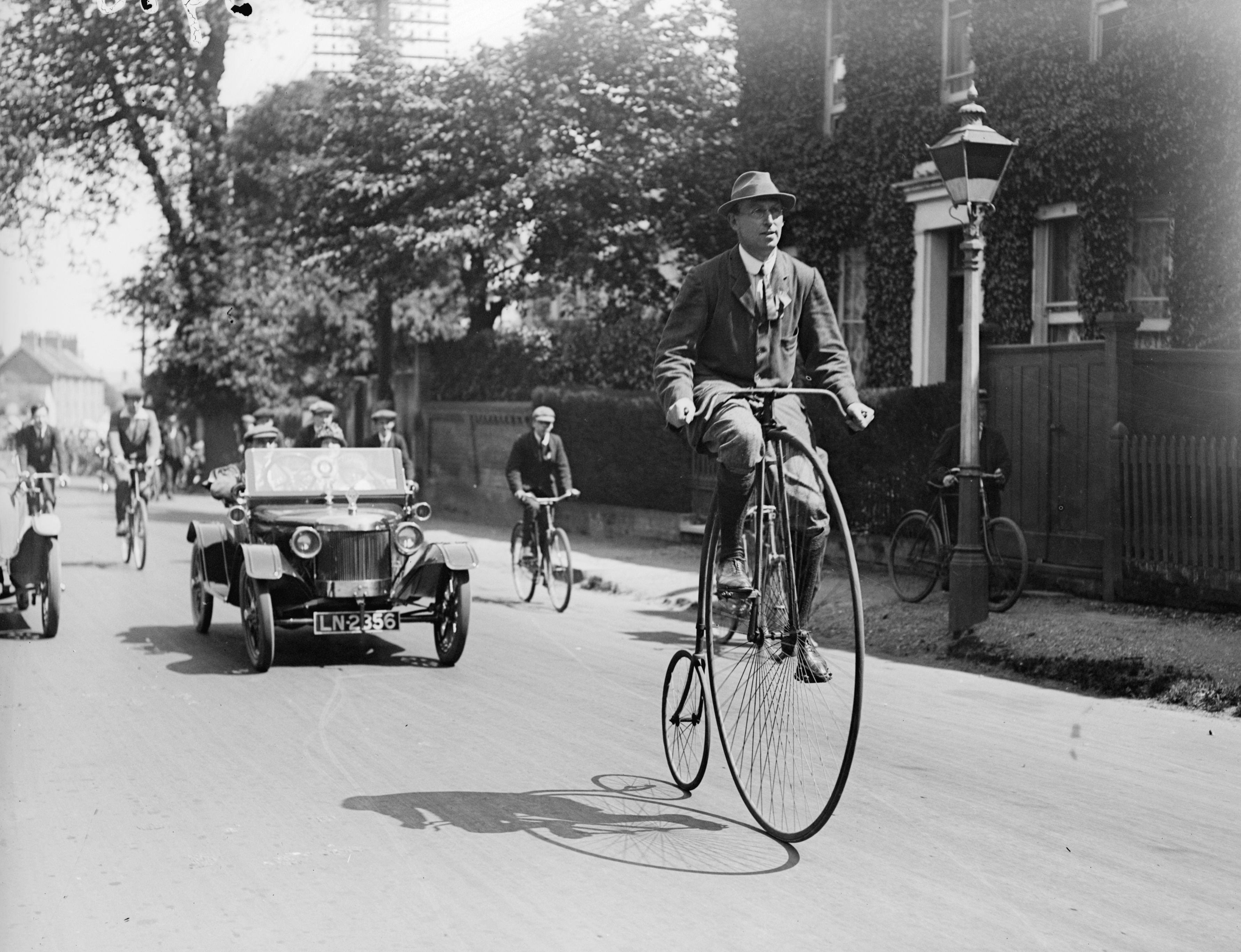 Why the Penny Farthing is once more a frequent sight on the streets of London
Why the Penny Farthing is once more a frequent sight on the streets of LondonThe dinosaur of the bicycle world is back in the spotlight with the help of the Penny Farthing Club and its intrepid members.
By Country Life
-
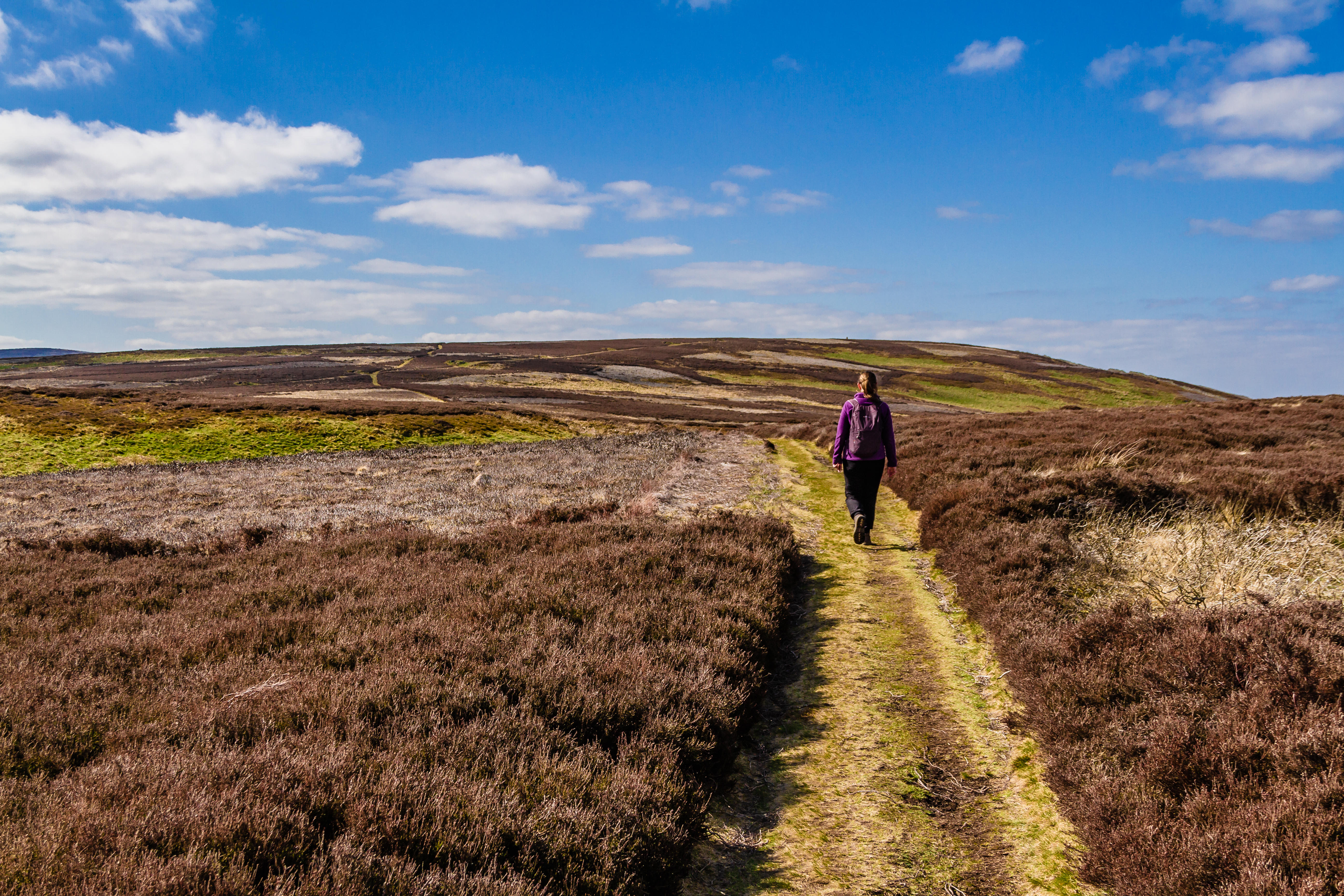 Walking St Cuthbert's Way in late summer: Heather in late-summer emperor’s purple, lit up by the last burst of warmth
Walking St Cuthbert's Way in late summer: Heather in late-summer emperor’s purple, lit up by the last burst of warmthThe Cheviots and St Cuthbert’s Way are the right setting for reflection and remembrance, as Fiona Reynolds finds on her latest walk.
By Fiona Reynolds